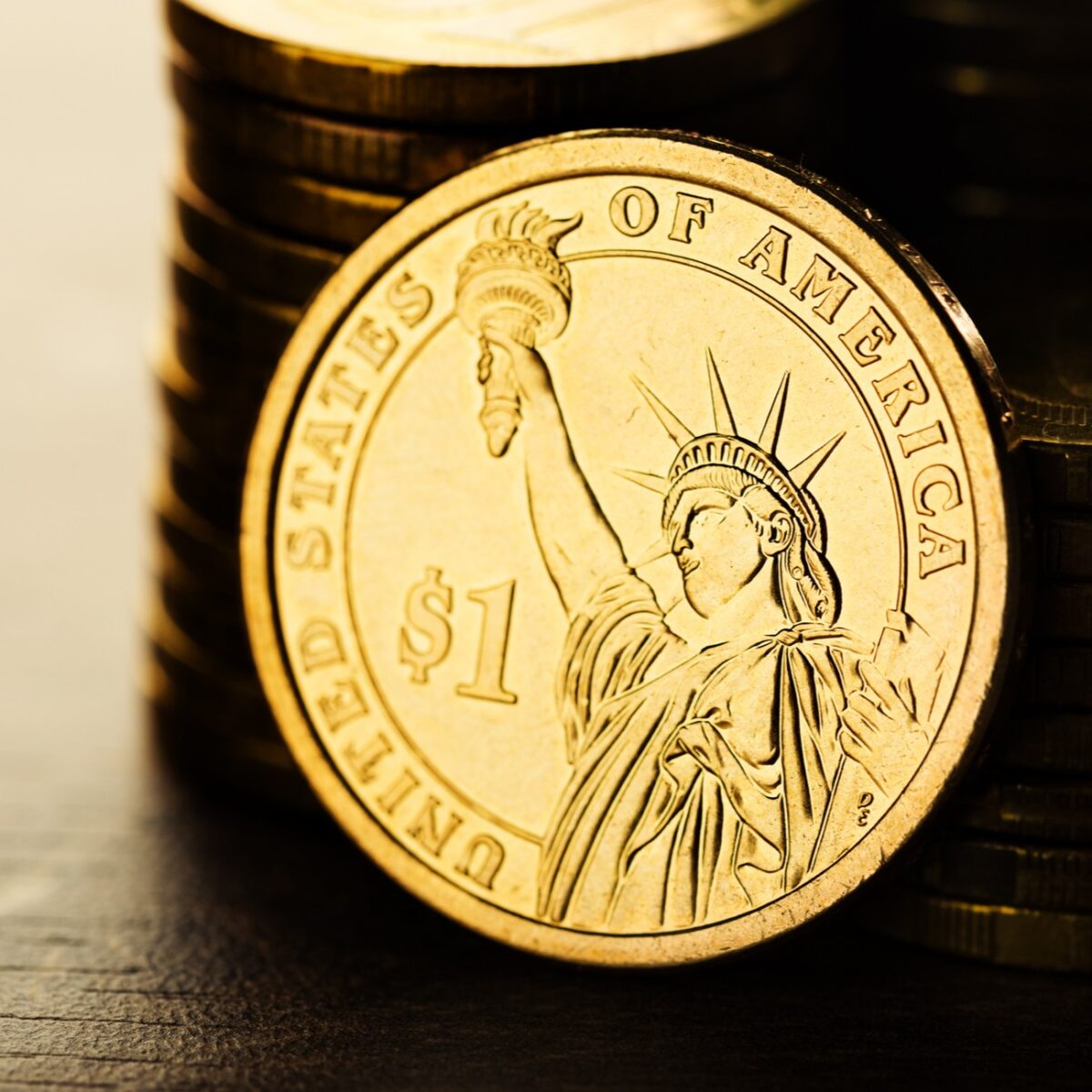PALO ALTO, Calif. (Reuters) - The Federal Reserve is taking a look at a broad variety of issues around digital payments and currencies, consisting of policy, style and legal considerations around possibly providing its own digital currency, Governor Lael Brainard stated on Wednesday. Brainard's remarks recommend more openness to the possibility of a Fed-issued digital coin than in the past." By changing payments, digitalization has the potential to provide higher worth and convenience at lower expense," Brainard stated at a conference on payments at the Stanford Graduate School of Service.
Reserve banks worldwide are debating how to handle digital finance innovation and the distributed journal systems utilized by bitcoin, which guarantees near-instantaneous payment at possibly low expense. The Fed is establishing its own day-and-night real-time payments and settlement service and is presently reviewing 200 remark letters submitted late in 2015 about the proposed service's style and scope, Brainard said.
Less than two years ago Brainard informed a conference in San Francisco that there is "no compelling showed need" for such a coin. However that was before the scope of Facebook's digital currency ambitions were extensively understood. Fed authorities, consisting of Brainard, have raised concerns about customer defenses and information and personal privacy threats that might be positioned by a currency that might come into use by the third of the world's population that have Facebook accounts.
" We are teaming up with other reserve banks as we advance our understanding of reserve bank digital currencies," she said. With website more nations looking into issuing their own digital currencies, Brainard said, that includes to "a set of factors to likewise be making certain that we are that frontier of both research study and policy advancement." In the United States, Brainard stated, concerns that require research study consist of whether a digital currency would make the payments system s3.us-east-2.amazonaws.com/palmbeachresearchgroup5/index.html much safer or simpler, and whether it might position financial stability threats, including the possibility of bank runs if money can be turned "with a single swipe" into the main bank's digital currency.
To counter the financial damage from America's unprecedented national lockdown, the Federal Reserve has actually taken unmatched steps, consisting of flooding the economy with dollars and investing straight in the economy. Most of these moves got grudging acceptance even from numerous Fed skeptics, as they saw this stimulus as required and something only the Fed could do.
My new CEI report, "Government-Run Payment Systems Are Risky at Any Speed: The Case Against Fedcoin and FedNow," details the risks of the Fed's current strategies for its FedNow real-time payment system, Check out this site and proposals for main bank-issued cryptocurrency that have actually been called Fedcoin or the "digital dollar." In my report, I go over issues about personal privacy, data security, currency manipulation, and crowding out private-sector competitors and innovation.
Proponents of FedNow and Fedcoin say the federal government needs to create a system for payments to deposit immediately, rather than motivate such systems in the personal sector by lifting regulative barriers. But as kept in mind in the paper, the economic sector is supplying a seemingly limitless supply of payment technologies and digital currencies to fix the problemto the extent it is a problemof the time gap between when a payment is sent and when it is gotten in a savings account.
And the examples of private-sector development in this area are many. The Cleaning House, a bank-held cooperative that has actually been routing interbank payments in numerous types for more than 150 years, has been clearing real-time payments given that 2017. By the end of 2018 it was covering 50 percent of the deposit base in the U.S.
